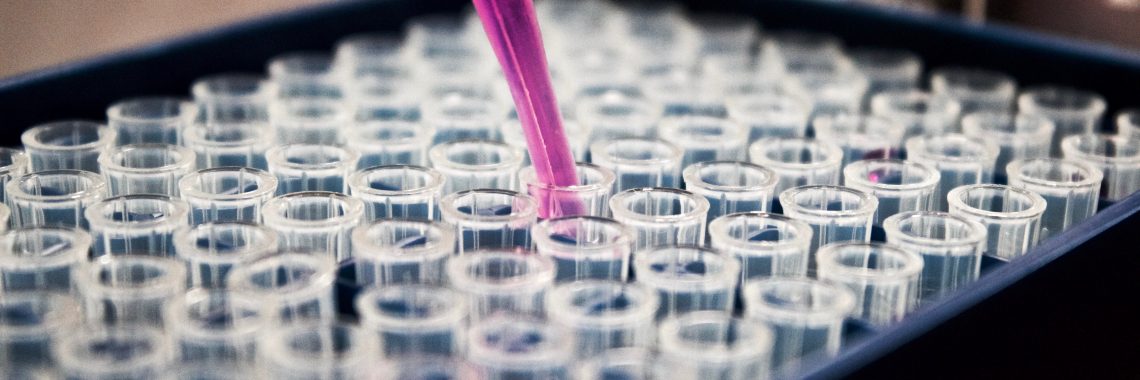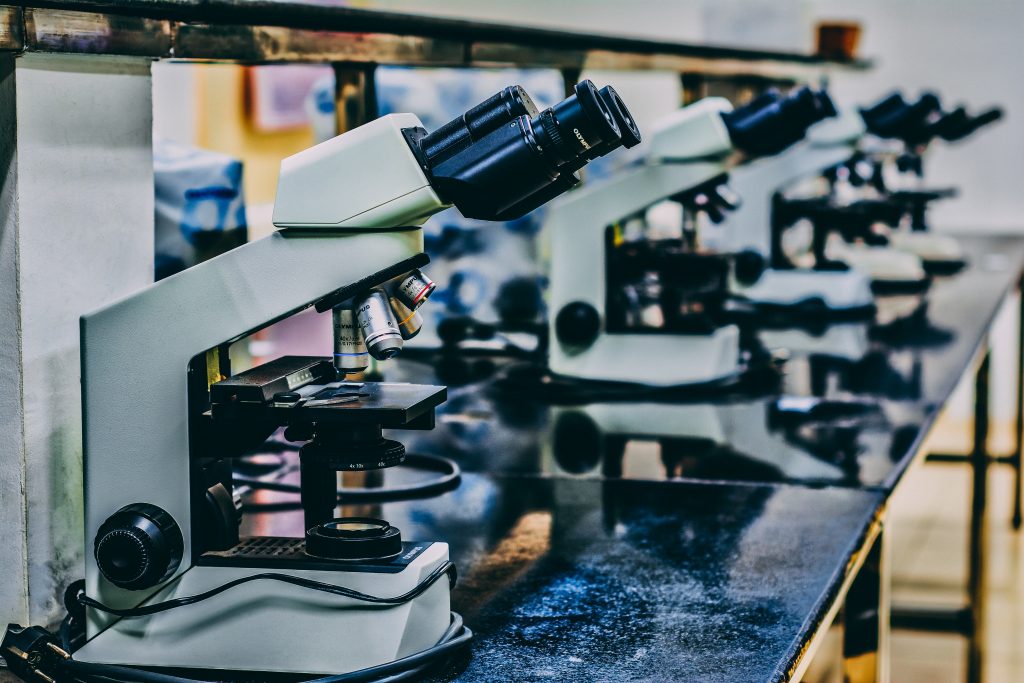Scientists In Michigan Engage in Clone-and-Kill Human Research

University scientists in Michigan reportedly have developed a new technique to rapidly create “embryoids” — living organisms that are very similar to ordinary human embryos — in a lab.
According to an article published in Nature, researchers created the “embryoids” from embryonic stem cells as well as adult stem cells. Scientists experimented on the embryoids for a few days, and then apparently destroyed them.
There are several problems with this research:
First, it used embryonic stem cells to create the embryoids.
Embryonic stem cells are harvested from healthy unborn babies during the embryonic stage of development. Scientists create or clone an unborn child and then harvest its embryonic stem cells soon afterward, killing the child in the process.
Embryonic stem cell research is highly unethical, which is why it is illegal in some states — including Arkansas — and why there has always been controversy over efforts to fund embryonic stem cell research with public tax dollars. The fact that researchers used embryonic stem cells to create some of their “embryoids” is a real problem.
Second, the “embryoids” researchers created in the lab arguably are human embryos who simply are missing a couple of parts.
Researchers noted that the embryoids were similar to human embryos, but they lacked a placenta and yolk sac that develops into the umbilical cord and gastrointestinal tract.
But the placenta and yolk sac are not what make human embryos living, sacred human beings. An umbilical cord does not make an unborn child a “person” any more than an arm or a lung does. Scientists apparently want to argue that an embryo isn’t really an embryo if it’s missing a part or two. That’s very troubling.
Third, these “embryo structures,” as one of the researchers called them, were created, experimented on, and then killed in the name of science.
Over and over again we’ve seen scientists clone-and-kill human embryos in labs across America and around the world. As we have said for 20 years, this type of research simply is unethical.
Unborn children — including human embryos — aren’t lab material. All scientific research must respect the sanctity and dignity of human life.
Read more about this story from NPR.




